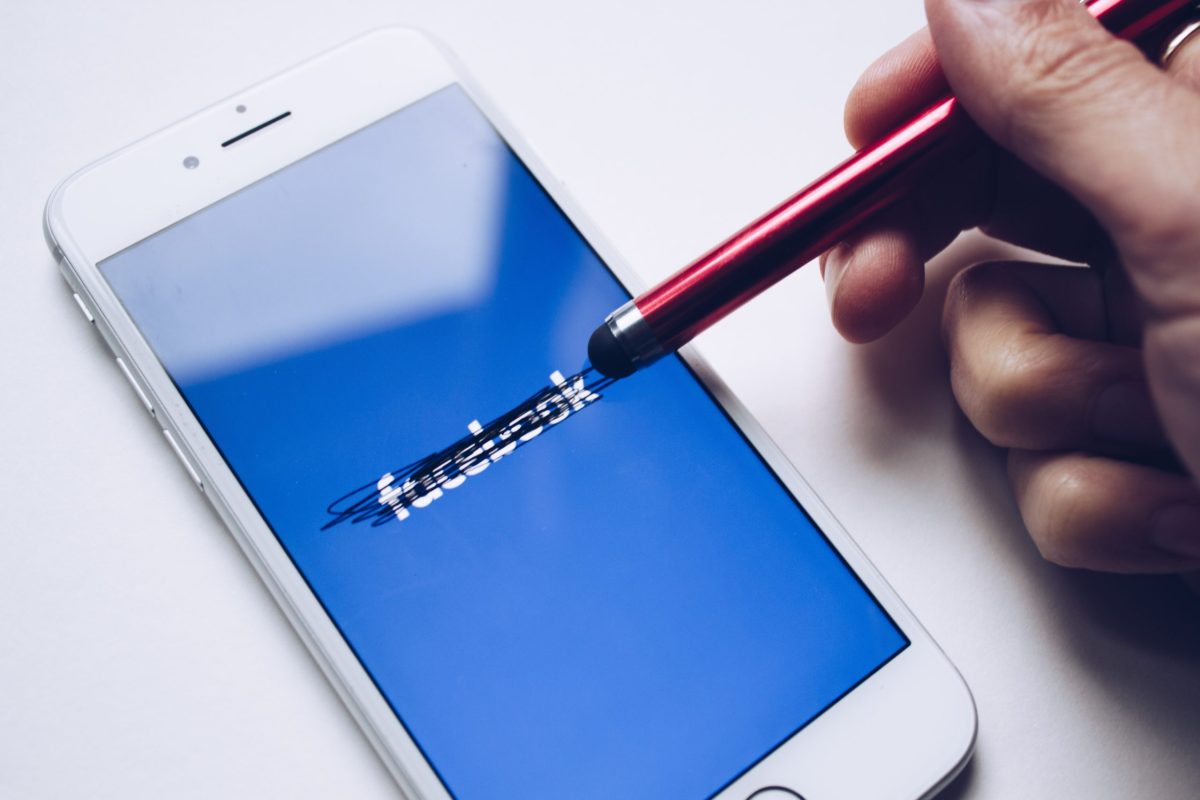At first, it seemed like an occasional bug in a cluttered mobile app, but after hours of refreshing, people noticed the problem was significant. Could the godfather of technology be terminated so suddenly? As Facebook faced massive scrutiny over Federal Trade Commission antitrust lawsuits and leaked research documents, its backbone system reached a pinpoint of balance and tipped.
On Monday, Oct. 4, while New York City worked and China slept, an ordinary network maintenance session turned into a nightmare after a backbone router shut off Facebook from the world. From shutting down small businesses that rely on social media to disrupting nationwide communities and governments, this outage has revealed that the world dangerously depends on running from three apps that can paralyze in minutes.
Border Gateway Protocol is the clever system that figures out the most efficient and safe pathway for users to reach an IP address. Think of BGP as a map and IP as your work address; to get to work without encountering any closed roads or accidents, you need the map to tell you the fastest and safest way to get there. BGP is essential for your computer to reach the IP and DNS addresses of websites safely and efficiently; after all, the internet is changing by the minute.
BGP is not controlled by one entity but rather by the ones that create it. Facebook built its BGP system to ensure their data centers are communicating with each other. The facebook.com network is the backbone of its operations, from Instagram, WhatsApp, Facebook Workplace (the remote working platform for Facebook employees) and other Facebook services, including its headquarters.
According to a blog post by Facebook engineers, when they worked on a morning maintenance session in one of the backbone servers, they pushed a configuration change that put the network down; this is where BGP comes in. Because BGP is autonomous, once the backbone servers went down, it detected an unhealthy network and started deleting its BGP advertisements — road directions — for safety reasons. Without the BGP advertisements, the outage became a global problem; since Facebook data centers could not communicate with each other, Facebook.com withdrew itself from the internet, shaking the world for many hours.
After minutes of the network failure, many users reported the outage through frustrated tweets. According to Ars Technica, there were 14 million reports of outages on Facebook services within hours. According to Cloudflare, a network infrastructure company, search queries for Twitter, Snapchat, Signal and TikTok rose by 40% within 20 minutes of the outage. Because many government officials rely on WhatsApp for communication, their workflow went to drain. According to the New York Times, congressmen in Mexico were not able to communicate with each other. The outage also affected Facebook dramatically; $100 million in revenues were lost. According to New York Times tech reporter Sheera Frenkel, Facebook workers could not enter buildings with their badges due to the central network being down.
Small businesses that rely on Facebook, Instagram and WhatsApp for consumer reach and essential communication were exceptionally affected by the worldwide outage. According to the New York Times, Selen Bayrak, a marmalade business owner, only sold one-quarter of what she usually sells due to the outage.
In Kenya, Facebook, Instagram and WhatsApp are used to sell anything from cars to plants. In Zimbabwe, WhatsApp dominates nearly 50% of all internet traffic. In Brazil, WhatsApp is installed on every device and is used for doctor appointments, hairdresser appointments, supermarket deliveries and spreading misinformation. Latin America has Facebook and WhatsApp as lifelines in rural places that have no cellular service but have free internet connection. As seen worldwide, anything from business to emergency lifelines handles operations within Facebook’s family of apps worldwide, and during the outage, these necessities lacked functionality.
After many hours of waiting, Facebook engineers had to fix the issue through physical means of access to the data centers, which took around five hours. The tech world came back to normal, but many realized how it felt to like without the Facebook family of apps. Lorran Barbosa, a pharmacy cashier, admits that after refreshing WhatsApp numerous times throughout the day, the day seemed more “peaceful and productive.” Companies like Cloudflare realized that “the internet is a very complex and interdependent system of millions of systems and protocols working together,” which is a beautiful example of collaboration.
What do the worldwide effects from this outage say about us? The fact that we rely on three apps for essential tasks is frightening. If these apps were to be under heavy attack, families would lose communication, some businesses would go bankrupt and people would even lose lives. This outage shows the enormous impact it has on humanity.































